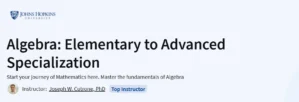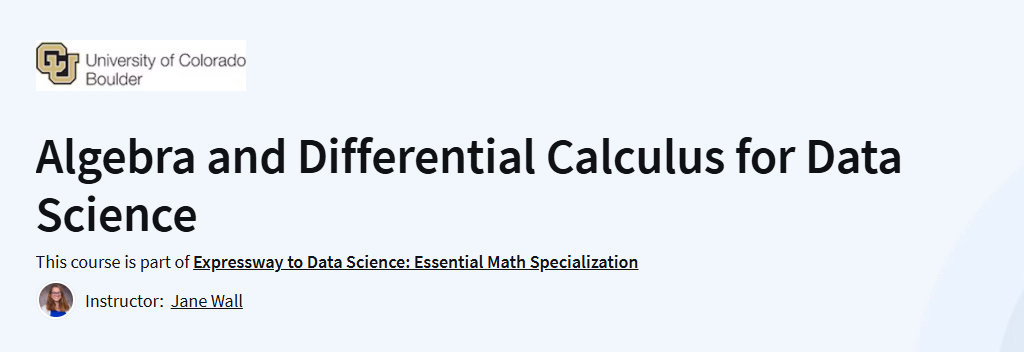What you will learn in the Introduction to Mathematical Thinking Course
Develop logical reasoning and problem-solving skills.
Understand mathematical proofs and their applications.
Learn to think abstractly and critically about mathematical concepts.
Apply mathematical thinking to real-world problems.
Program Overview
Welcome and Introduction
⏳ 3 hours
- Introduction to the course and overview of mathematical thinking.
Logical Combinators
⏳ 4 hours
- Study of logical operators and their use in mathematical reasoning.
Quantifiers
⏳ 4 hours
- Understanding existential and universal quantifiers in mathematical statements.
Proof Techniques
⏳ 4 hours
- Learning various methods of mathematical proof, including direct and indirect proofs.
Set Theory
⏳ 4 hours
- Introduction to sets, subsets, and operations on sets.
Functions and Relations
⏳ 4 hours
- Exploration of functions, relations, and their properties.
Number Theory
⏳ 4 hours
- Study of integers, divisibility, and prime numbers.
Induction and Recursion
⏳ 4 hours
- Understanding mathematical induction and recursive definitions.
Final Project
⏳ 4 hours
- Application of learned concepts in a comprehensive project.
Get certificate
Job Outlook
Enhances analytical and problem-solving skills applicable in various fields such as computer science, engineering, and data analysis.
Provides a solid foundation for advanced studies in mathematics and related disciplines.
Completing this course can bolster qualifications for roles requiring strong logical reasoning and mathematical proficiency.
Specification: Introduction to Mathematical Thinking Course
|
FAQs
- Regular math often focuses on formulas and procedures.
- Mathematical thinking emphasizes logic, reasoning, and problem structure.
- It trains your mind to approach problems creatively and rigorously.
- Skills are transferable to fields far beyond mathematics.
- No advanced math background is required.
- The focus is on how to think mathematically, not heavy calculations.
- A willingness to practice logical reasoning is more important.
- The course is beginner-friendly but still challenging in approach.
- Yes, it’s designed to smooth the transition to university math.
- Builds habits of abstract reasoning and proof-based thinking.
- Prepares you for subjects like calculus, linear algebra, and discrete math.
- Encourages independent learning and intellectual curiosity.
- Absolutely—it sharpens critical thinking and logical analysis.
- Useful in computer science, law, economics, and engineering.
- Helps in structured decision-making and problem-solving.
- Employers value analytical thinking across industries.
- Improved ability to tackle unfamiliar problems with confidence.
- Clearer logical reasoning and argument-building skills.
- Better preparation for technical studies or analytical careers.
- A new mindset for approaching challenges systematically.





